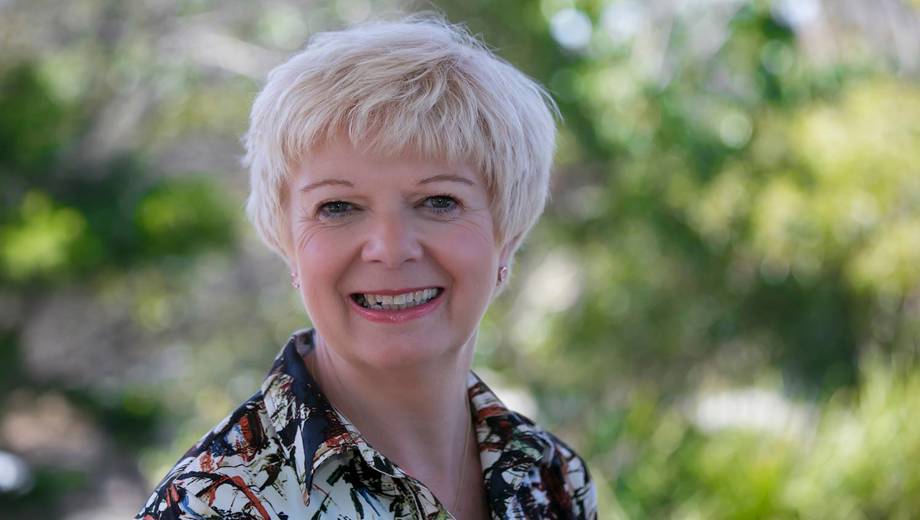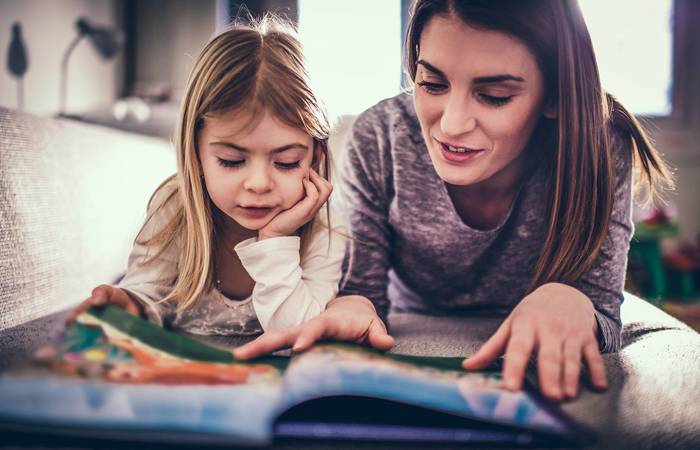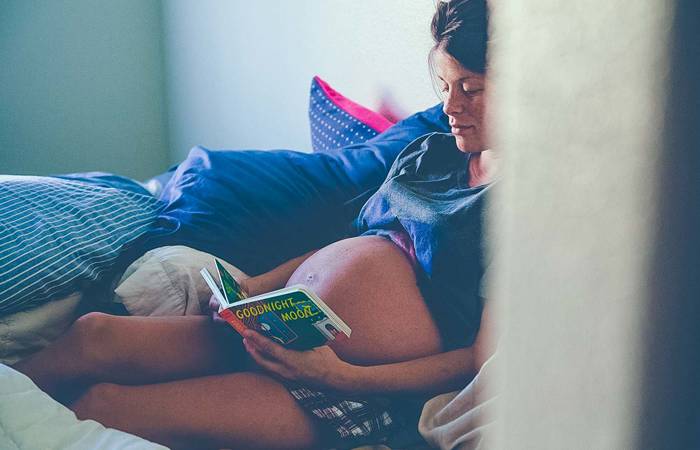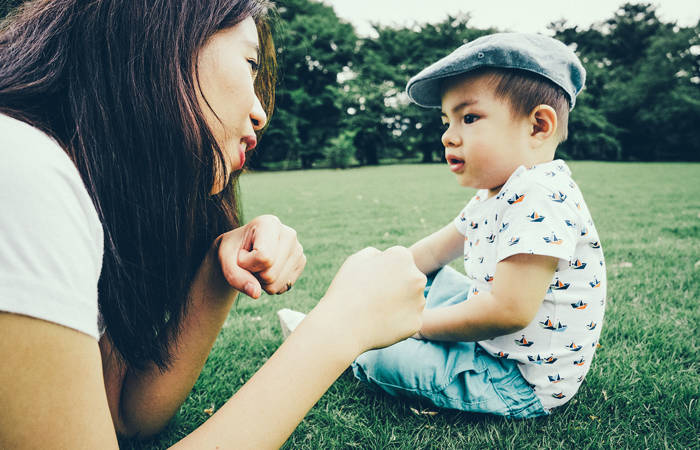Like what you see?
Sign up to receive more free parenting advice.
Thank you for subscribing to our newsletter!
Early Learning
The world of the young child is an exciting one. Through research we are finding out more and more about just how crucial the development of a young child is in predicting and supporting their future learning, life and success.
The first 1001 days are crucial
Latest research informs us that a child’s first 1001 days are crucial in developing attachment, physical development, communication and early language. While all three areas are key to a young child’s development this article unpacks how mums, dads, family and friends can support a child’s early communication skills.
Again, research states the importance of early communication and language and the need for children to be experimenting with sounds, babbling, making noises, learning vocabulary, and communicating from as early an age as possible.
The beginnings of conversation
In the first 10 to 12 months you will notice as a parent how your baby moves their head to you speaking and often responds by smiling at you and moving their arms and legs. Babies enjoy being talked to and respond by smiling and babbling.
When you talk to your baby they look at you, and when you stop they turn their head or body away. Babies listen to you singing songs and rhymes as you tickle their tummies or play with their fingers and toes. They soon understand when you use their name that it means ‘me’ and likewise they start understanding what is meant when you use words and actions together, such as saying “bye bye” and waving, and action rhymes like Incy Wincy Spider.
At this young age babies can let you know what they want or how they are feeling by making different noises such as crying, gurgling, squealing and babbling. Allow them to do this, as this is your child beginning a conversation with you. At this age they like to make and experiment with different sounds and noises such as “baba, nono, gogo” when they are spoken to.
You can help this early communication by playing peek-a-boo games, singing songs, having conversations – taking the lead from your baby by using the noises they are making. And very importantly, chat through with your little one what you are doing as you dress them or put them into their pram.
Stay up to date with the latest news and articles from First Five Years
Thank you for subscribing to our newsletter!
It is never too soon for books
It is never too young to start sharing books with your child. At this very young age board or cloth books are great. Also, showing the enjoyment you get from reading is a great way to show your child books are interesting.
In the development period between 8 and 20 months, babies’ understanding increases. In their speech they are making noises that match the toys they are playing with; “brruum” for a car. They are starting to use words which are important to them like, “mummy”, “spoon”, “teddy”.
It is at this stage that the young child starts copying the words that are used as they play with you. Therefore, it is important that you do speak with your little one and allow them time to respond by making noises, waving their arms and pointing. Sharing stories at bedtime or when snuggled up on the sofa, singing songs, holding your child’s arms to help them do the actions to songs/rhymes and telling them the names of objects they pick up or point to, are all things adults can do to support early communication.
Children enjoy and learn from watching your face and mouth as you speak so ensure that they can see you. Prams that face you are helpful for this when you are out and about.
During the time of approximately 18 to 24 months your child is really beginning to experiment with words and sounds. At this time their world should be one full of words. When you read a story such as We are going on a bear hunt, your child is starting to join in with the sounds. Your child will be starting to tell you the name of the toys and things they want such as doll or ball – and encourage them to do so. At this point in time, they will be able to find a toy or an object that they know when you ask them. Encourage them to say its name.
Encourage vocabulary
It is at this point in their development that children start using the words they hear you say, such as “good girl”, “there’s a happy boy”, “eat up” etc. You may want to give some thought to the words you use as these are the words your child is learning. They are beginning to put a few words together to express what they want or feel – “I sleepy”, ”want water”. Alongside this they are beginning to use lots of everyday words that they have heard and are important to them – such as “cold”, ‘hot”, “doll" or “car”.
At this time they are also beginning to ask questions of you, such as “What’s this?”, or “Why?”. It is so very important that you respond to these questions as this is how your child’s understanding and vocabulary will build and expand. With all your input your child will be beginning to talk to you about what they are doing, playing and seeing. It is important you talk to your child about the sounds they hear as you explore the beach together, the foods and shapes in the supermarket, and what you need to buy to make supper.
Other tips to encourage vocabulary and understanding are to give your child choices and wait until they respond with what they would like, such as, “Would you like a banana or a piece of orange?“. Allow them to help you sort out things like the washing, naming the clothing. Play games in which you give instructions for them to do things such throw the bean bag. In fact, talk with your child as much as you can remembering to give them sufficient time to think through what you have said and answer.
By ensuring you are continually engaging with your child through words in these first 1001 days you will be really supporting your child’s early communication and language and helping their future development and learning.
Of course your role in supporting your child’s development and learning in communication and language does not stop once they turn two. Throughout their young lives we need to be continually speaking with them, sharing books, introducing exciting sounding words, responding to their questions, playing with puppets and engaging in conversation.
However, the first two years are just so important. Enjoy!









